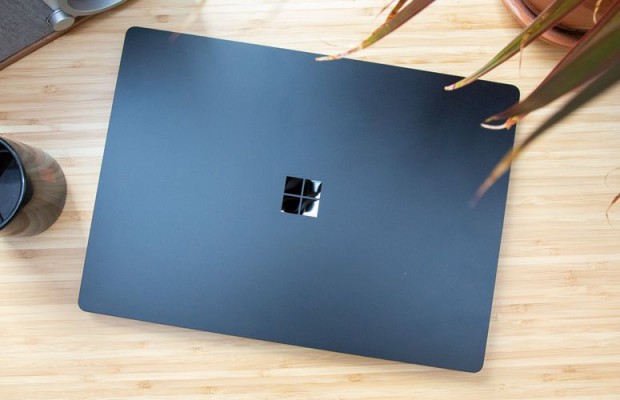Reality Check: Surface Laptop 3 SSD Isn't Very Serviceable After All
The SSDs inside the Surface Laptop 3 and Surface Pro X aren't so serviceable, after all. We already knew that manually upgrading your SSD could void the warranty of your new Surface device. Now a report from PCWorld reveals that Microsoft Store employees won't do it either. At least, not yet.
Microsoft Store service agents told the tech site that the SSDs inside the Surface Laptop 3 and Surface Pro X are replaceable, but not upgradable. Any practical difference between replacing and upgrading a drive is lost on us. Regardless, this means you can't buy a base model Surface Laptop 3 and avoid Microsoft's crazy-expensive storage upgrades by swapping in your own drive because doing so puts you at risk of voiding warranty should anything go awry.
As Microsoft's product page eerily states, "Hard drive is not user removable. Hard drive is only removable by skilled technician following Microsoft provided instructions."
That's a shame because, as we noted in our Surface Laptop 3 review, Microsoft charges a fortune (at least $300) to upgrade storage capacity. Not only that, but the SSDs Microsoft uses are sluggish when compared to those in other premium laptops.
When Microsoft unveiled the Surface Laptop 3 at its event earlier this month, it showed a brief video demonstrating how easy it is to replace the SSD. Everyone was thrilled until Microsoft muddled what appeared to be a dig at Apple by urging people not to service the Surface Laptop 3 seconds after touting how serviceable it is.
We hope Microsoft changes its stance and either allows users to upgrade their own SSD without voiding warranty or giving its employees permission to do so. On the other hand, we wouldn't be having this discussion if Microsoft didn't tout a feature it won't actually let people use, or if the company didn't charge an arm and a leg to upgrade the capacity of the Surface Laptop 3's slow SSD.
Sign up to receive The Snapshot, a free special dispatch from Laptop Mag, in your inbox.
Phillip Tracy is the assistant managing editor at Laptop Mag where he reviews laptops, phones and other gadgets while covering the latest industry news. After graduating with a journalism degree from the University of Texas at Austin, Phillip became a tech reporter at the Daily Dot. There, he wrote reviews for a range of gadgets and covered everything from social media trends to cybersecurity. Prior to that, he wrote for RCR Wireless News covering 5G and IoT. When he's not tinkering with devices, you can find Phillip playing video games, reading, traveling or watching soccer.


